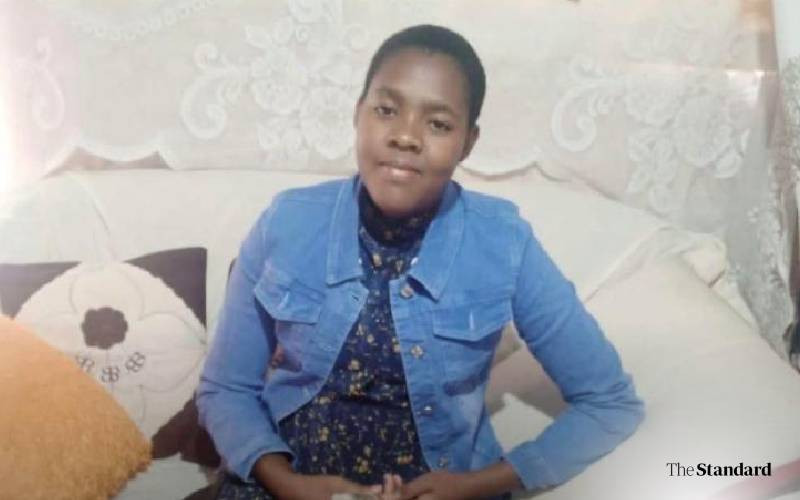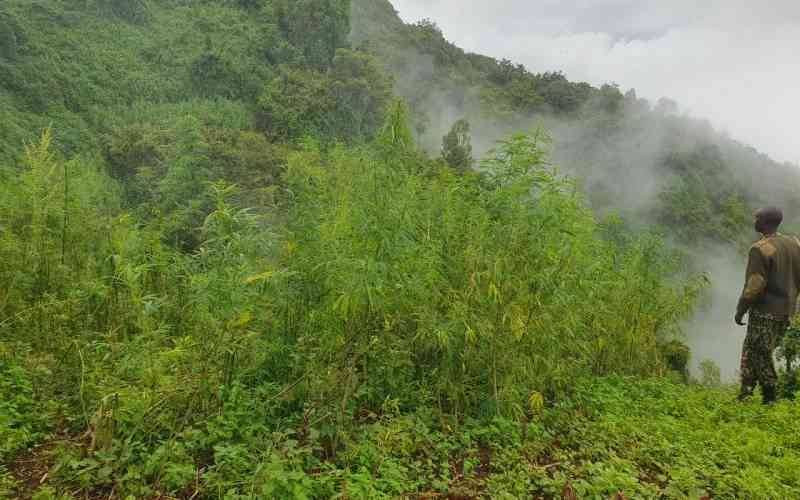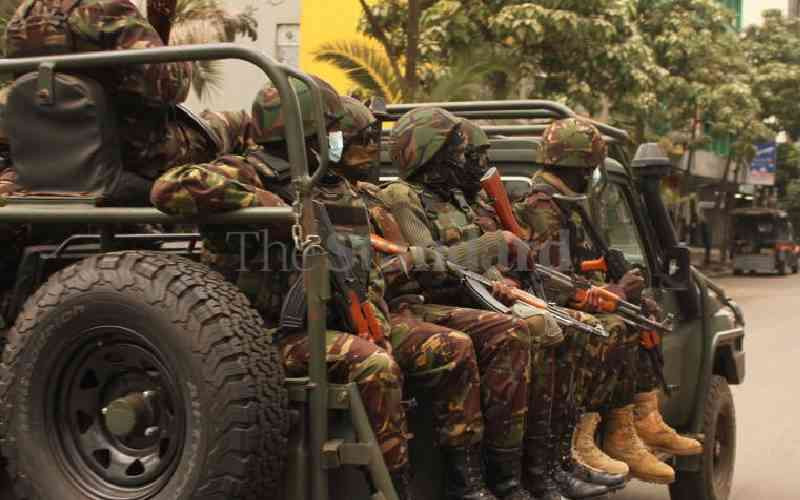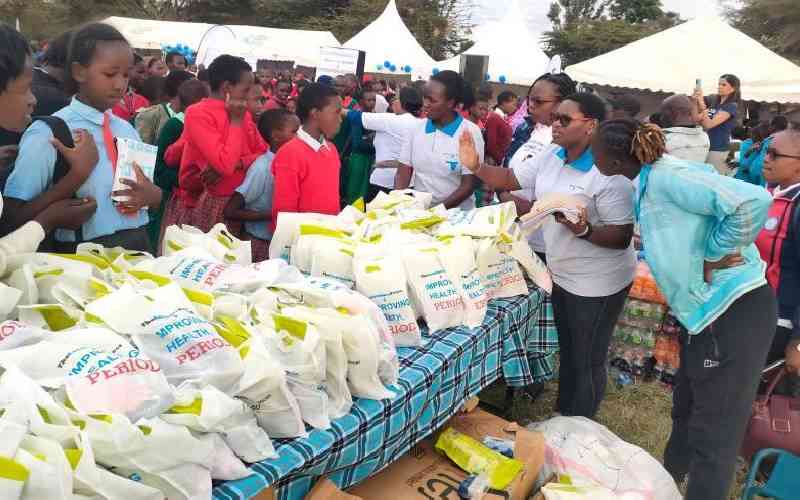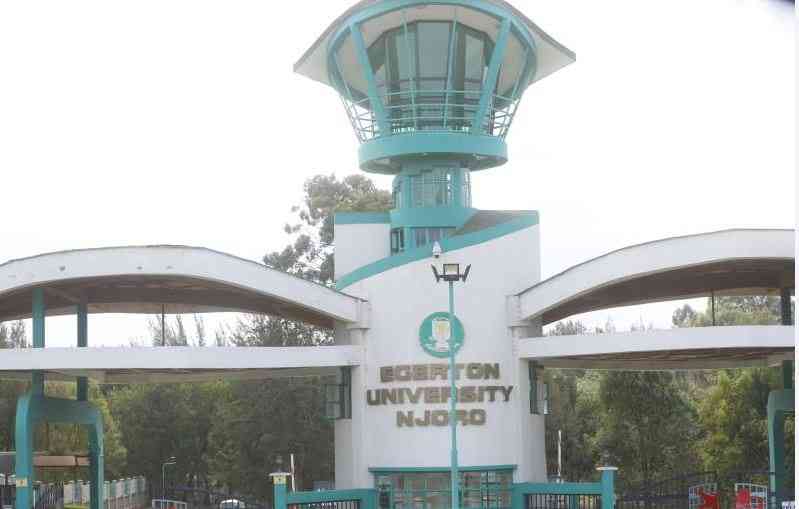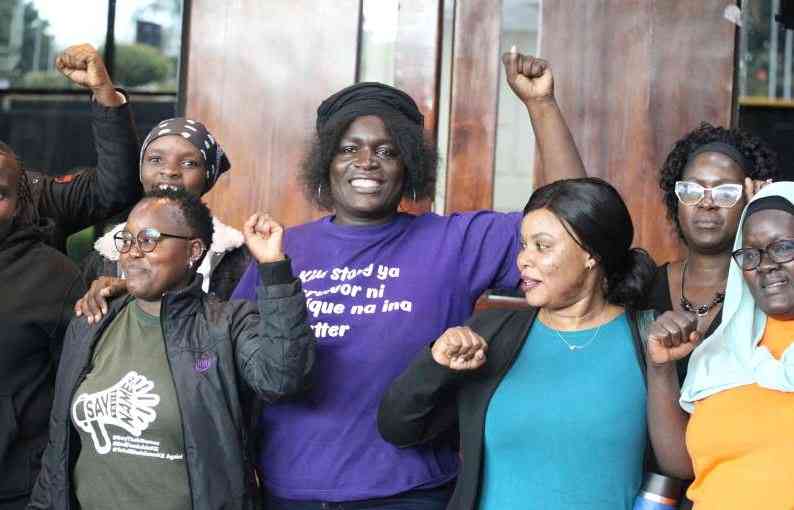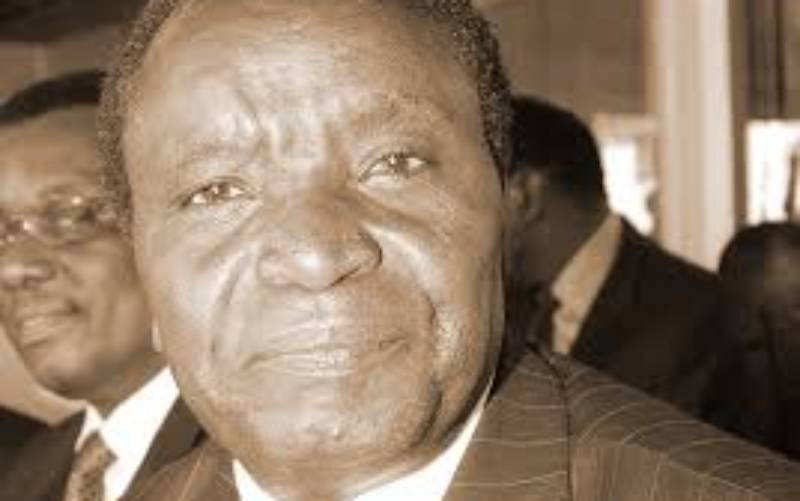
On June 13, 2023, a peculiar package for export to France was found at the Jomo Kenyatta International Airport (JKIA).
The package, initially labeled as wooden sculptures or curios, turned out to be a rather intriguing consignment of ants (siafu), which caught the attention of the Kenya Wildlife Service (KWS) and the Directorate of Criminal Investigations (DCI).
An investigation into the intended destination and source of the shipment revealed that a similar consignment had been sent to China just five days earlier. The recipient of that shipment was Ri Jianyong, and the sender was Peter Ng’ang’a. Meanwhile, another consignment was located at the Postal Corporation of Kenya.
A multi-agency task force—comprising KWS, DCI, and NIS operatives—swiftly took action, apprehending Martin Nyota Ndung’u, his wife Rose Wairimu, and Eunice Muthoni, an employee of the Postal Corporation of Kenya (PCK).
Charged before JKIA Magistrate Njeri Thuku with illegal wildlife trafficking, the trio faced allegations of trafficking Messor cephalotes. Each pleaded not guilty, setting the stage for a courtroom showdown that would unravel layers of deception.
The saga began with Elkhana Nakhumicha, a canine handler at JKIA. In court, she described her role in deploying sniffer dogs to detect wildlife contraband in cargo, alongside her routine security duties. On June 12, 2023, she was briefed about a multi-agency verification at the DHL warehouse scheduled for the following day.
- Lifting the veil on illegal trade in African grey parrot in Kenya
- Kenya's most hated birds pose big threat to Coast ecosystem
- State renews plan to raise wildlife park fees
Keep Reading
While inspecting a parcel declared as plastic and wooden carvings, Nakhumicha’s team struck gold—or rather, ants. “When we opened it, we found live ants concealed inside,” he testified. Packed into syringes with cotton wool, the ants numbered in the dozens in one consignment. Collected on June 19, they were handed over to KWS prosecutors, marking the first tangible evidence in the case.
Days earlier, on June 8, KWS investigator Gladys Chepkemoi had received a tip-off from David Sang, a canine master at JKIA. Sang reported intercepting a parcel—declared as handicrafts that contained both dead and live ants. He delivered the insects to her office, seeking assistance in tracing the sender. The court learned that 56 syringes held the ants, each one a miniature vessel of illicit trade.
Incriminating evidence
The investigation then landed with Corporal Anthony Mbau. On June 21, Chepkemoi briefed him about an operation in Eburru, Naivasha, where the ants were allegedly sourced. Joined by DCI liaison Obadiah Kiio, Corporal Odongo, Chepkemoi, and a driver, Mbau’s five-person team set out to locate the sender. “Gladys told me the insects had been exported to France and were sourced from Eburru,” Mbau testified.
Upon arrival, they found no suspects. But on June 23, informers led them to Nyota at Eburru’s trading center, where he ran a shop. His name matched the package’s sender details. Later, they arrested Wairimu at the nearby Kengen station.
Escorting the couple to their hardware shop, the team searched it in their presence but found no incriminating evidence. However, at their Eburru home, the story changed. “We found ants in a container inside a Dura Coat tin, stuffed with cotton wool,” Mbau said. In their bedroom, a carton held syringes—each containing one siafu, water, and cotton wool.”
Fifteen syringes contained dead ants, along with dried leaves. Another container with a red lid mirrored the setup: ants, cotton wool, and water. Mbau, testifying for the Director of Public Prosecutions (DPP), alleged that a second package had reached the Gilgil post office.At Gilgil, inquiries revealed that the couple had handed a package to Muthoni. “We found it on a chair—a recycled Bahati Dairies box,” Mbau said. Inside were tissue paper, two wooden sculptures (an elephant and a leopard), cotton wrapped in foil, and a computer mouse box. The haul: 56 syringes, each with a single ant and water-soaked cotton wool.
Njuguna disclosed a June 8 package—labeled RA 204011021KE, declared as wooden toys—sent to Ri Jianyong by Dennis Ng’ang’a. Under cross-examination, she admitted not seeing the package in court and struggled to confirm the sender without the forms. “It was unlabeled, with no customs declaration. Whether Eunice knew the contents depend on her talks with the customer,” she said.
Nyota and Wairimu face charges of dealing in Messor cephalotes at JKIA without a permit, valued at Sh300,000, under the Wildlife Conservation and Management Act 2013, Section 95(b). This law targets trophy-related offenses and carries severe penalties for unlicensed possession or trade. Both defendants denied the charges. Wairimu alone faces an additional charge of concealing prohibited goods under Section 200 of the East Africa Customs and Management Act 2004, which carries a penalty of up to five years in prison or a fine of 50 percent of the goods’ value.
Muthoni is charged with facilitating the illegal export of 56 syringes of siafu to China for financial gain, also under wildlife laws. She pleaded not guilty. Released on Sh50,000 bail each, the trio is required to report to JKIA Police Station on the first day of each month—until the case concludes.
 The Standard Group Plc is a multi-media organization with investments in media platforms spanning newspaper print
operations, television, radio broadcasting, digital and online services. The Standard Group is recognized as a
leading multi-media house in Kenya with a key influence in matters of national and international interest.
The Standard Group Plc is a multi-media organization with investments in media platforms spanning newspaper print
operations, television, radio broadcasting, digital and online services. The Standard Group is recognized as a
leading multi-media house in Kenya with a key influence in matters of national and international interest.

